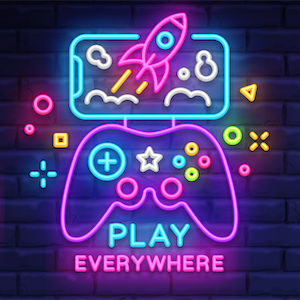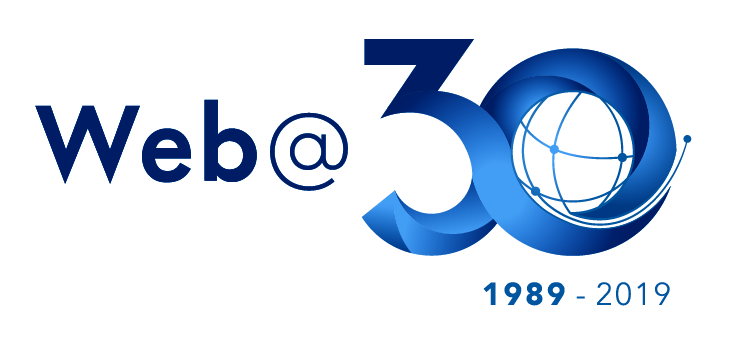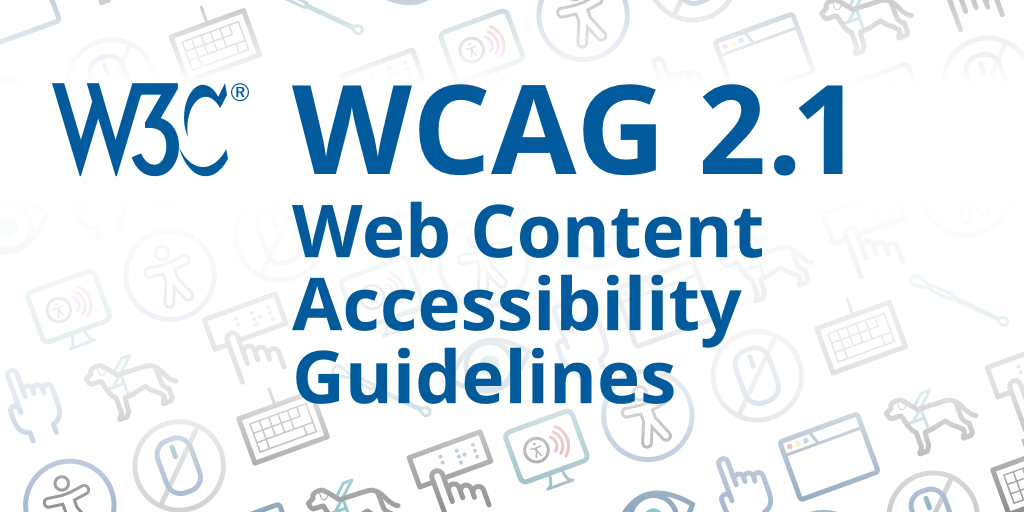Upcoming: W3C Workshop on Web Games
18 March 2019 | Archive
 W3C announced today a Workshop on Web Games, 27-28 June 2019, in Redmond, WA, USA. The event is hosted by Microsoft.
W3C announced today a Workshop on Web Games, 27-28 June 2019, in Redmond, WA, USA. The event is hosted by Microsoft.
This workshop aims to bring together browser vendors, game engines developers, games developers, game distributors, and device manufacturers to enrich the Open Web Platform with additional technologies for games, including action, casual, first-person shooter (FPS), multiplayer online battle arena (MOBA), massively multiplayer online role-playing (MMORPG), sports, and Virtual Reality / Augmented Reality (VR/AR) games. Attendance is free for all invited participants and is open to the public, whether or not W3C members.
Expected topics of discussion include:
- 3D graphics rendering: high-priority features for AAA games, specifications, timeline
- Multithreading operations: background rendering (
OffscreenCanvas), status of SharedArrayBuffer
- WebAssembly: additional features to make the Web a better build target for game engines, debugging, bindings to new and existing Web APIs defined in Web IDL
- Cloud gaming: improvements to Web streaming technologies
- Game input APIs: detection of keys’ physical locations on a game controller, support for advanced controller features, support for game-specific controllers
- Music/Sound effects in games: improvements to Web Audio and related APIs, mechanisms to use new audio input/output devices, generative music, porting of audio engines to the Web
- Game assets protection: models, code, game logic, Devtools exploration
- Game assets management: mechanisms to load and store hundreds of MB of assets in the background, packaging for offline execution
- Game accessibility and internationalization: APIs, semantics, techniques for rendering, processing, personalization, customization, interoperability, etc. to ensure accessibility of games and address possible internationalization issues
For more information on the workshop, please see the workshop details and submission instructions. Expressions of interest and position statements are due by 10 May 2019.
W3C celebrates the 30th anniversary of the Web
12 March 2019 | Archive
 Today we celebrate the 30th anniversary of the Web and in a few months, we will be celebrating the 25th anniversary of the W3C developing open standards and guidelines that foster innovative applications, profitable commerce, and the free flow of information and ideas.
Today we celebrate the 30th anniversary of the Web and in a few months, we will be celebrating the 25th anniversary of the W3C developing open standards and guidelines that foster innovative applications, profitable commerce, and the free flow of information and ideas.
In March 1989, while at CERN, Sir Tim Berners-Lee wrote “Information Management: A Proposal” outlining the World Wide Web. 30 years ago today, Tim’s memo was about to revolutionize communication around the globe.
Committed to core values of an open Web that promotes innovation, neutrality, and interoperability, W3C and its community are setting the vision and standards for the Web, ensuring the building blocks of the web are open, accessible, secure, international and have been developed via the collaboration of global technical experts.
Today we celebrate a Web that is:
- Universal, International and truly “World Wide”.
- Available on any device, for any type of information, in any language.
- Accessible by people with disabilities.
- Royalty-free and built on open standards.
- Powerful – The Open Web Platform makes Web pages themselves powerful tools.
- Transformational for how business gets done; improving delivery, enhancing user satisfaction, and reducing cost.
You can read more about the celebration and listen to what Sir Tim Berners-Lee said when asked what part of the W3C’s work he’s the most proud in the W3C blog.
W3C Workshop Report: Strong Authentication and Identity
11 March 2019 | Archive
 W3C published today the report of the W3C Workshop on Strong Authentication and Identity, held on 10-11 December 2018, in Redmond, WA (USA).
W3C published today the report of the W3C Workshop on Strong Authentication and Identity, held on 10-11 December 2018, in Redmond, WA (USA).
W3C brought community experts together for a series of discussions on strong authentication and identity. We looked at standards work in-progress on Web Authentication and Verifiable Claims, and opportunities for future work including Distributed Identifiers and Attestation. Participants shared motivating use cases that could be aided by web technology, from web application sign-on to supply-chain tracking, government services provision, license authorization, health care, and financial transactions. Presentations and breakout discussions helped to identify gaps and interfaces between work areas. The workshop report describes current state of the art, and offers pointers to new work proposals in and around the W3C community.
W3C thanks Microsoft for hosting, the Program Committee for organizing, and all the participants for their contributions.
Upcoming: Second W3C Workshop on the Web of Things
6 March 2019 | Archive
 W3C announced today a Second Workshop on on the Web of Things, 3-5 June 2019, in Munich, Germany. The event is hosted by Siemens.
W3C announced today a Second Workshop on on the Web of Things, 3-5 June 2019, in Munich, Germany. The event is hosted by Siemens.
This workshop disseminates the findings of the W3C Web of Things Working Group based on its standardization work and discuss the way forward with a wider set of stakeholders. To unlock the potential of an open ecosystem and open markets, the workshop will discuss how to reduce fragmentation of the IoT landscape and the future direction of the open W3C WoT standardization. A focus is on exposing and consuming services across specific IoT technologies to enable new use cases, such as common monitoring and control of assets from multiple vendors, interconnecting different application domains, and building digital twins of physical devices.
The scope includes:
- Cross-Domain Business Models, Use Cases and Scenarios:
- Interoperability scenarios for consumer, industrial, environmental, energy management, healthcare, automotive and smart cities
- Building a common IoT application ecosystem (tools, marketplaces, security, etc.)
- Interworking across evolving IoT standards (e.g., OCF, OPC, LWM2M, OneM2M, etc.)
- Standardization Needs:
- Architecture
- Applications
- Security and privacy
For more information on the workshop, please see details and submission instructions. Expression of Interest and position statements are due by 7 April 2019.










